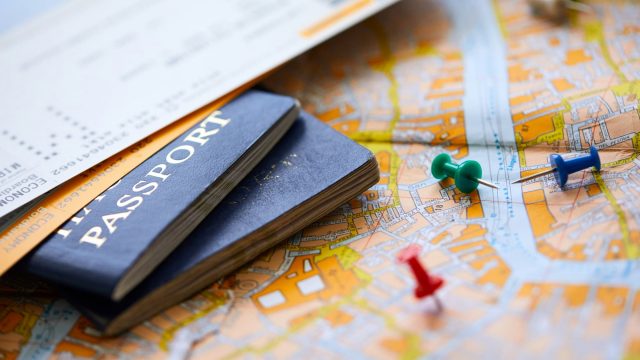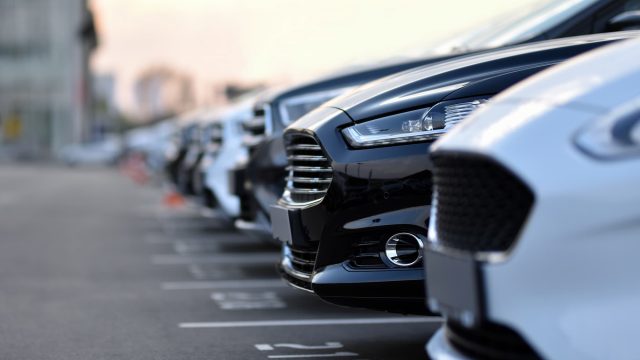The UK’s exit from the EU has brought with it many changes and only time will tell which are positive and which are negative. One change that drivers of UK-registered vehicles who drive in the EU should know, is the European Union’s Cross-Border Enforcement Directive no longer applying in the UK.
What is the Cross-Border Enforcement Directive?
The aim of the Cross-Border Enforcement Directive is to pursue drivers in EU member states for traffic offences that have taken place in a vehicle registered in a different EU member state. It allows local authorities to perform a search on the vehicle to find who the vehicle is registered to and issue a fine for the offence.
It is mainly used for offences that can be detected by an automated system, such as a speed cameras or traffic light cameras. Below is a list of offences that are included in the directive:
- Speeding
- Not using a seatbelt
- Not stopping at a red traffic light or other mandatory stop signal
- Drink driving
- Driving under the influence of drugs
- Not wearing a safety helmet (for motorcyclists)
- Using a forbidden lane (such as the forbidden use of an emergency lane, a lane reserved for public transport, or a lane closed down for road works)
- Illegally using a mobile phone, or any other communications device, while driving

What’s changed?
With the UK leaving the EU, the directive can no longer be applied to vehicles registered in the UK. For example, if you fail to stop at a red light or speed through a speed camera in Spain, you can no longer be pursued by the Spanish authorities for the traffic offence. However, if you are stopped by police for an offence, you can still be issued with an on-the-spot fine and are required to pay up.
With France losing up to 60 million Euros in fines for British drivers, it is likely that many EU member states (or the EU as a whole) will seek an agreement with the UK to restore the sharing of information. However this could take many years to agree.
What happens if I speed in a rental car?
When it comes to renting a car in the EU after Brexit, the rules and information is far from clear. Whilst the directive no longer being applicable saves keepers of UK registered vehicles from fines, it is a different story with rental cars in the EU.
99% of the time your rental car is registered in the country you’re hiring. Therefore, if you are caught speeding or going through a stop light the offence is sent to the registered keeper, the rental company. The rental company will then pass on your details to the relevant authorities to inform them you were the driver at the time of the offence, which will incur an admin charge.
Although it is now very likely you will not be pursued for speeding fine abroad, you will still incur the admin charge from the rental company.
What you can do
We know that mistakes can happen and driving abroad can be daunting and confusing. Different countries have different driving habits, the language barrier only makes things more tricky with road signs. Our best advice to avoid fines and penalties is to always stay alert when driving somewhere unfamiliar, drive more cautiously than you would at home and always be vigilant. We’ll keep this page updated if anything changes or if there is any new guidance!





